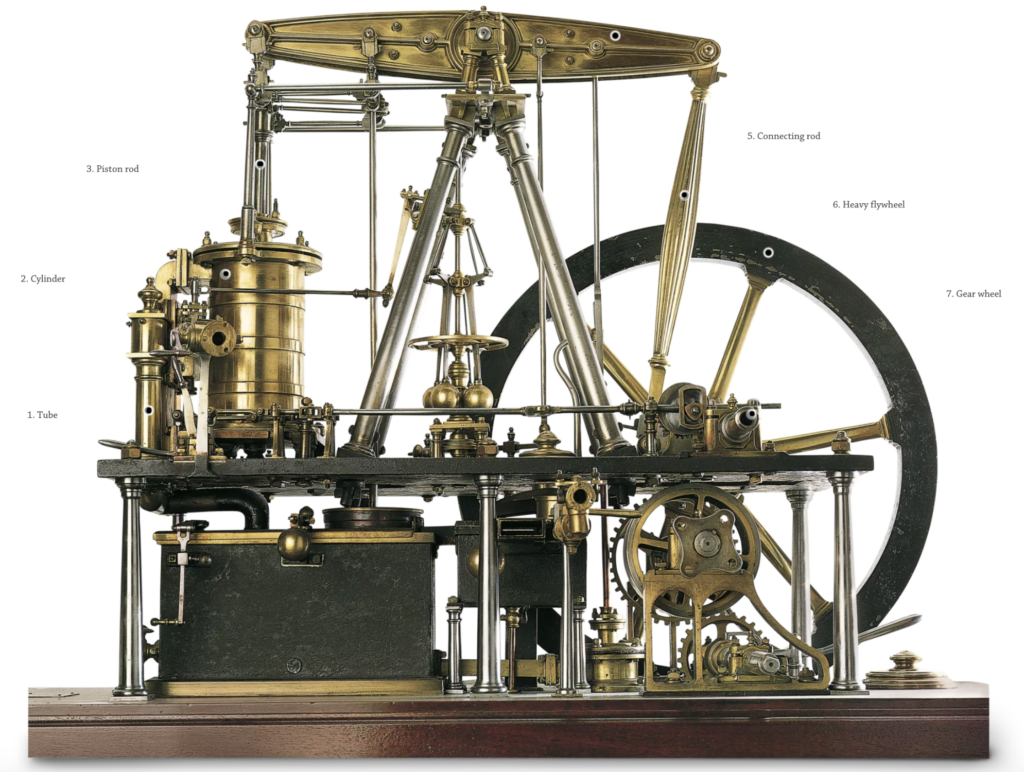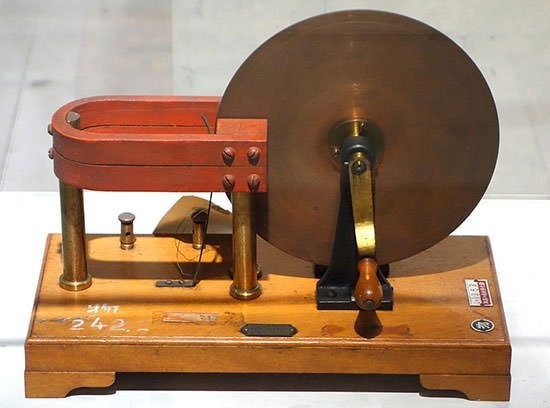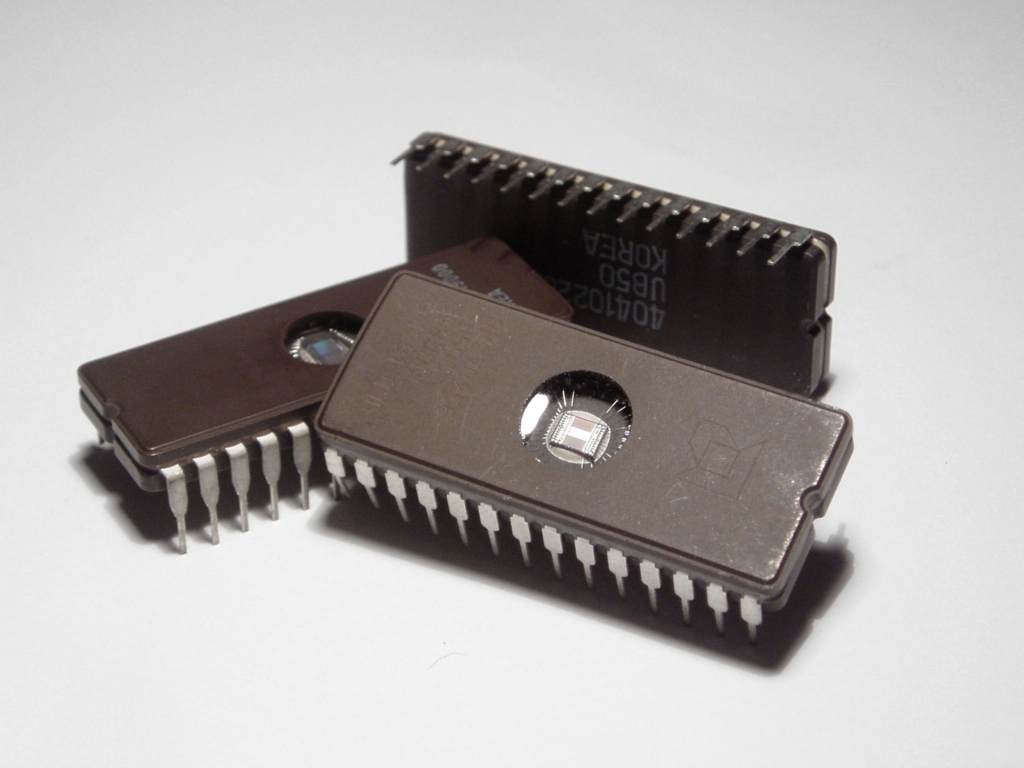Congratulations! If you’re reading this article, it means you’ve made it to 2020, and to a new decade. Over the past 2-3 decades, we’ve lived through and experienced magnificent changes in the world in many areas, and certain technologies have been accelerating faster than they did over the past 300 hundred years, combined.
If you take a leap back in history, you’ll notice some sort of consistency in the pace of how frequent major inventions or discoveries happen, and then you’ll notice fast acceleration in their development or usage in different applications over the course of decades and even centuries. What we have now isn’t only faster technological acceleration, but also faster variations, which is nascent of innovation. By that, I mean we are seeing more options to choose from, alternatives to things we’ve been doing or having for some time.
The fact that we live now in a time where the acceleration of technology is at a phenomenal rate isn’t the focal point of this blog’s argument. What I’ll be highlighting is the observation of major inventions and discoveries throughout the past few centuries which has landed each epoch to a variety of advancements. Let’s put a specific time frame here, and take the past 300-400 years.
Factories aren’t really something new, and it would be debatable, at least to me, as to when man started to manufacture products (or items)- The Iron Age, for instance, began approximately 1200–1000 BC. But let’s not go back too far and take a relatively closer look at manufacturing in the 17th century.

Back then, factories relied on mechanical energy that is generated by natural resources, like rivers to operate water wheels, to produce it. In fact, men and animals were also used to generate mechanical energy, not only in the 17th century but way BC. That was some sort of technology, or method, that did make difference back then, but that technology reached its peak and limited the spread of factories, and manufacturing business in general, as a relatively efficient factory would physically need to be near natural resources (i.e river), and that made the overall model uneconomical (to a certain extent), slow and a blocker towards mass production and innovation.
The Industrial Revolution

In the 17th century, there have been early experiments to develop an engine, a steam engine, which’s goal was to find a more efficient way to generate mechanical energy. Without bothering you with details, let’s fast forward to the Irish inventor who perfected the steam engine in 1778, James Watt. The invention, or perfection, of the steam engine, has given birth to the first industrial revolution which in result has given humanity the means to develop and advance in many areas, and even to give birth to new industries, whether that’s actual manufacturing, transportation, health or else.
Should I make a bold statement, as probably others did, and say that the steam engine was the best invention of the 18th century? Yes, I would. Because without it, we wouldn’t be where we are today. But then, were there other magnificent inventions? I’ll be bold again and say yes. However, I wouldn’t call them inventions, but rather a development. It’s interesting the word development, when I wind up and start thinking of all “inventions” that we had (and have now) in history, I can almost put most of them under the category of “development”, as in, things we used to have in some form, but optimized one way or another.
The Second Best Invention

So what was the second-best invention, or discovery, that followed the steam engine? I’d say the harnessing of electrical power, steady electric current to be specific, which became practical for usage by the late 19th century. Just like every other invention or discovery, it has gone through a series of developments, starting that was Alessandro Volta in 1800, then by Michael Faraday who created the electric dynamo (crude power generator) which solved the problem of generating an electric current in an ongoing and practical way, and finally by giving the birth of commercial electricity in the late 19th century by Nikola Tesla.
Just like steam engine started the industrial revolution, the use of electrical energy accelerated that revolution (can also be referred to as the 2nd industrial revolution) and opened the doors for us to innovate. Over the 20the century, there have been countless advancements in science, and without a practical way to generate and use electricity as a source of energy, many of what we have today wouldn’t be possible. There has been a lot of advancements in the energy field since then (i.e nuclear energy, renewable, etc..), which isn’t something I’ll get into here because that would be out of context. The result or outcome remained, pretty much, the same: electricity and how we use it.
The Second Machine Age

And if you’re wondering what is the most important invention of the 20th century, I’d say the invention of the transistors and microchips (integrated circuits). The basic components, brain, of computers, mobiles, tablets and many of the smart devices that we have today. The last century was the backbone and foundation to the fastest growth and innovation mankind has ever witnessed to-date, maybe since the beginning of time. The things we can do with our computers and smart devices are beyond anything mankind could ever do through the whole history, combined. But we all know that, don’t we?
We all know that microchips and computers (with all of their components) accelerated innovation in many areas of life such as health, transportation and others. It enabled us to do calculations faster than our brains, way much faster. It allowed us to store data more efficiently and at a much larger scale. But just like every invention, this one is no different. It allowed mankind to have further developments: we wouldn’t be able to fly to the moon and back without it (fun fact: NASA’s first launched rocket had less computational power than you’ve got in your iPhone. A LOT less), we wouldn’t be able to have planes with practical autopilot, self-driving cars, smartwatches, or understand diseases better and even treat them.
What’s Common between the Three Best Inventions
If you have enjoyed refreshing your memory about some of the most important inventions and discoveries of the past few centuries, and wondering what’s the point going through all of them, here it is: notice that each century had its phenomenal accelerator for innovation and prosperity. The steam engine, then practical use of electricity, and then microchips. Each of these inventions or discoveries has two major components (overly simplifying it):
1) Source of raw energy
2) The means (machine/device) of transforming that raw energy into mechanical energy (or value).
The source of energy has been various things such as rivers, steam, crude, and electricity. And the means to transform to mechanical energy were the actual devices (steam engine, dynamo, etc..). And interestingly, these inventions are dependant on each other. Meaning, to generate the electricity, we’d need some sort of crude engine. And to operate computers, we need electricity. Each technology is generating another form of value/energy, that is not only more efficient but also acts as fuel for the next big thing, or successor invention.
But the question then is, what do computers and smart devices produce? They use “electricity” to fundamentally operate, and are able to function based on logic gates (again, overly simplifying it). But, can they generate some sort of usable energy, like all the other inventions I mentioned before?
The Raw Energy of the 21st Century
This is where my argument concludes. The energy that is most valuable than any other form of energy to date is data, metaphorically. Data is the river, steam, and crude, and computers are the dynamos and engines.
The computing capabilities we have now and amount data, combined, are the steam engine of the 21st century
I’m not saying, or repeating, what you probably have heard before: “data is the new oil” or “data is the new sun”. Data alone isn’t enough, just like oil without an engine, but with computing power that can execute large scale of mathematical equations and process huge amount of data, we can begin (or actually already begun) the next revolution, the revolution of our time, the one that will be read as history in the 22nd century.
It’s data and it’s not getting smaller, not shrinking and not getting simpler to process. It’s growing exponentially; IoT, social media, e-commerce, mobile devices, smartwatches, smart devices (appliances, etc..), smart cars and so much more. It’s massive!
We are already seeing the benefits of this new raw energy in all applications of life. Data has enabled us to “develop” faster, to come up with new products, solutions, inventions and discoveries. Combining the ability to store huge amounts of data, with the phenomenal computing power we possess, we are able to utilize sciences that existed more than 70 years ago, but had no proper or practical technology to utilize. Things like machine learning and artificial intelligence wouldn’t be feasible without scalable computing power and enough data. Data allows us to understand patterns, understand problems and predict the future.
Some of the biggest companies in the world now are data-driven, which you’ve probably heard before: Uber, Airbnb, Facebook, Google, Amazon, and others. Their biggest assets aren’t tangible materials, but raw data. It’s interesting to hear Elon Musk, Tesla’s founder, claims that Tesla cars’ value will appreciate by time, unlike every other car, depreciate. His claim comes from the very fact that Tesla cars will be smarter over time, and the way that happens is simple: the more data these cars generate (while their owners use and drive them), the more data that can be processed with AI and ML by Tesla, which leads to better and more accurate applications like self-driving cars.
This is my belief and probably many others. Data is the greatest asset of this century and will be the one that gets mankind to new highs. Robotics is cool and sophisticated, don’t get me wrong, but it’s fundamentally possible to have them due to data and the practical use of AI/ML applications. Siri and Alexa are awesome, but without data, they wouldn’t exist or be as smart. There are so many other cool inventions and advancements in different sciences, but without the use of computers + data, most of them wouldn’t be possible.
Be Part of It
Ok, so should you be doing something about it? Definitely.
Let me ask you this: if you had a manufacturing plant in the 18th century, would you keep running on horses or rivers when everybody started using the steam engines and became more efficient, more cost-effective and produced better quality products? Would you be able to keep up with scale and quality? What about if you lived in the 20th and early 21st centuries, many of us obviously did, would you not use electricity? Would you not start using computers or get connected to the internet? Or have an email? Carry a smartphone?
Research shows that since 2000, 52% of companies in the Fortune 500 have either gone bankrupt, been acquired, or ceased to exist as a result of digital disruption. Now is the time for you to replace or upgrade your “steam engine”, which’s your old way of doing things, and start using the engine of our time, the data-driven engine. This engine will allow you to innovate, scale and most importantly stay in the game. The price of ignoring this will be quite expensive.
Do you still think it’s too early or not as important to ride the wave?
Happy new decade!